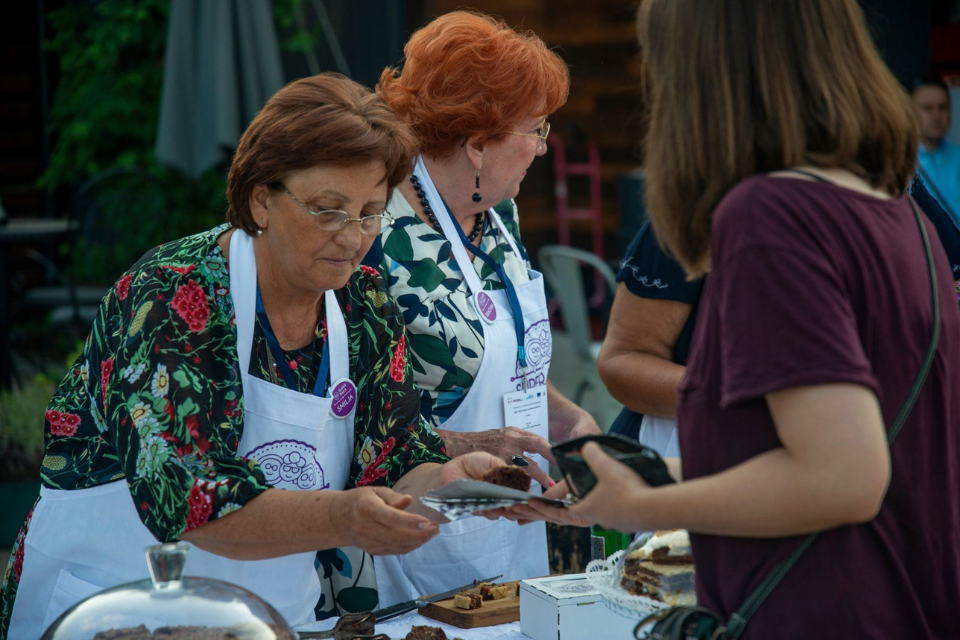Seven per cent of employed women in Serbia lost jobs during the COVID-19 pandemic, new study reveals
While everyone is facing unprecedented challenges with lockdown and social distancing measures, women are paying a heavier price as the pandemic worsens existing gender inequalities.Date:

Typically earning less and holding more insecure jobs than men, women have been disproportionately hit by COVID-19 and the resulting plummeting economic activity. In Serbia, 7 per cent of employed women lost their jobs or were pushed to take leave, compared to 4 per cent of employed men. This is according to a latest analysis conducted by United Nations Population Fund (UNFPA) and UN Women in Serbia on the consequences of COVID-19 on women’s and men’s economic empowerment.
The analysis also showed that women more often worked from home than men (56.4 per cent vs. 34.1 per cent). This is a result of their overrepresentation in many of the industries hardest hit by COVID-19 – for example education, social protection, or as part of the public administration services.
As quarantine measures kept people at home, with schools and day-care facilities closed, the burden of unpaid care and domestic work rose sharply for both women and men, but women continued to shoulder the bulk of that work. This has led to months of additional work for women and balancing full-time employment with childcare and schooling responsibilities for working mothers.
“According to the analysis, women mostly did cleaning, cooking, and caring for children; while men mostly focused on shopping, household management and pet caring. These responsibilities were clearly divided in many households even before, and pandemics only reaffirmed them,” says Milana Rikanovic, Head of UN Women in Serbia.
The pandemic also brought difficulties in accessing basic services and affected the well-being of citizens. Almost one-third of women and one-fifth of men experienced the impact of the pandemic on their psychological well-being, mainly through stress and anxiety. This can be attributed to the higher engagement of women in frontline sectors in response to the pandemic as well as the increased burden of care for their households and families.
The analysis also showed that the health system was overloaded and fully focused on coping with the pandemic response, limiting or completely disabling access to non-COVID related healthcare, with women having less access than men. The gender gap in accessing healthcare services was particularly wide in rural areas, where 30.6 per cent of women reported difficulties in accessing healthcare compared to 15.8 per cent of men.
“In times of crisis, sexual and reproductive health needs are often relegated to the periphery – with staggering consequences. Additionally, women and girls may be at higher risk of intimate partner violence and other forms of domestic violence due to increased tensions in the household,” said John Kennedy Mosoti, UNFPA Director for Serbia.
He added that 30 per cent of women in Serbia reported that the perception of discrimination and domestic violence have increased during the pandemic, compared to only 18 per cent of men.